This week’s post is brought to you by Tina Martin from Ideaspired. She is passionate about helping others get inspired to do what fulfills them and helping people get their businesses off the ground.
This week’s post will help you avoid pitfalls when starting a new business. Enjoy!!!
During the early days of their companies, many small business owners make financial mistakes. While they may seem harmless at first, enough missteps can be detrimental. Plus, even one big mistake could be enough to derail your company, potentially causing it to fail.
Luckily, most of the issues are preventable. Here’s a look at a few common financial mistakes small business owners make and how to avoid them. Book a meeting with Kevin for more in-depth guidance in growing your business and becoming a better leader.
Not Creating (and Following) a Budget
Creating a business budget is a critical first step if you want to keep your small business on good financial ground. Along with accounting for various business expenses, you’ll need to factor in income and cash flows. That way, you can better understand how money moves through your company, ensuring you’ll be able to cover your expenses appropriately.
Once you set a budget, following it is a must. Avoid unnecessary spending at all costs. Additionally, if a new, unexpected opportunity comes with a price tag, don’t pursue it until you know it won’t break the bank.
Finally, make sure to treat your budget as a living document. As your company grows and changes, adjustments might be necessary. Just make sure to review the numbers and formalize any updates, giving you a new financial roadmap to follow.
Going Overboard When Setting Up
As you prepare to get your small business off the ground, you might be tempted to invest in the latest technologies, nicest furniture, or other high-cost versions of items you’ll need. The issue is, you’re sending a lot of money out of the door before securing any sales. Worse, if you buy on credit, you’re paying interest on the purchases, too.
When you first start, it’s always best to operate as lean as possible. Purchase only the necessities, choosing the lowest cost version that will reliably do the job. Then, as your business grows, you can look at replacements when the need genuinely arises.
Skipping the Emergency Fund
Having an emergency fund isn’t just critical for your personal finances; it’s smart for your business, too. By having money set aside, you’re better equipped to navigate the unexpected. For example, if a production machine breaks down, you may not have to turn to debt to get it fixed. Plus, you’ll be able to address the situation immediately, reducing the impact on productivity.
Forgetting to Plan for Tax Obligations
When you first start running a business, it’s easy to forget about your tax obligations. Your business structure plays a role in which federal, state, and local taxes you’ll need to cover, so you’ll want to research business taxes that apply to your situation.
It’s important to note that even if you’re operating as a self-employed sole proprietor, you’ll need to prepare for new taxes, especially the self-employment tax. That tax covers the Medicare and Social Security costs that employers typically handle. Since you’re your own employer, that falls on you.
If you’re struggling to manage your tax obligations, sharpening your accounting skills could help. By going back to school and earning an online accounting degree, you’ll develop your business acumen. Along with learning generally accepted accounting principles, they’ll teach you auditing, financial statement preparation, and more. Plus, you'll get more flexibility by heading to an online school, making it easier to balance family, work, and your education.
photo via pexels

